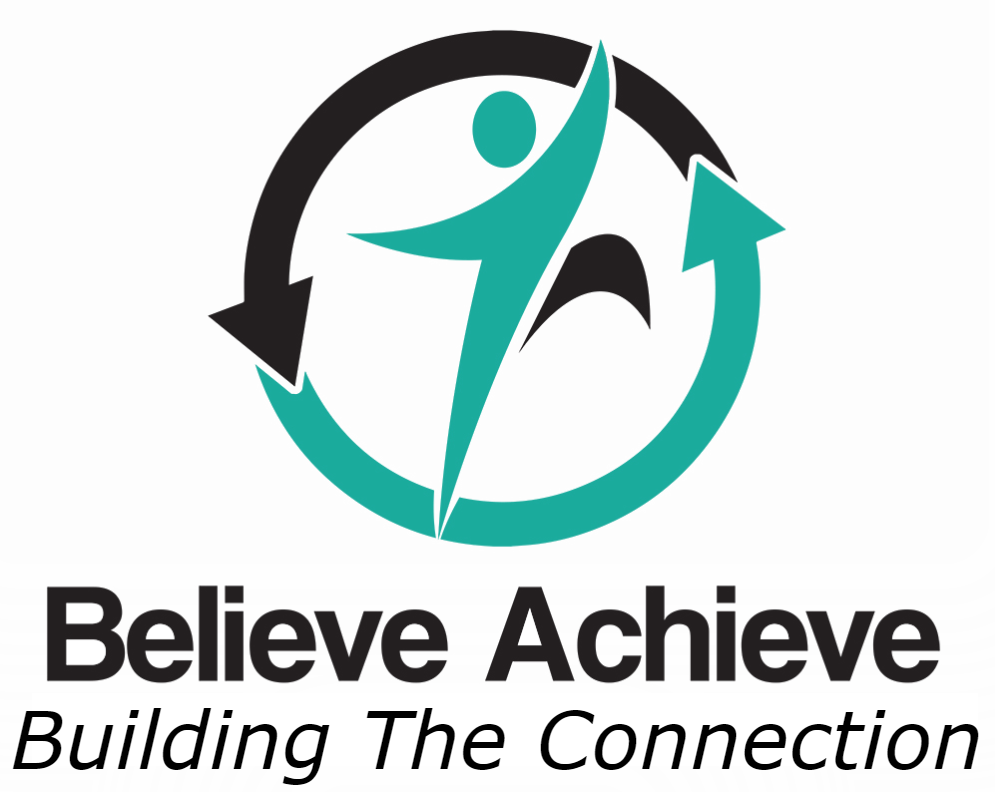
Company mergers must merge the hearts and minds
Whether it is a company merger, or a restructure of departments or teams, if little attention is paid to how people are going to work together, it will fail. Assuming the newly formed group will learn to get along is setting the people and the business up for failure.
There is a better way to merge.
Focus on merging the hearts and minds of the people involved.
All business strive to create great cultures that help the business thrive and succeed. Culture is directly correlated to the quality of the relationships in the business. Strong positive relationships create healthy productive cultures. There is clarity and shared meaning on the vision and how people will work together.
Each team, department and business has its own culture. Merging or restructuring groups essentially means you are merging how each group works together. The impact will decide the success of the merge.
A recent article in HBR talks about the failings of a company merger between Amazon and Whole Foods and the high cost of not paying attention to the creation of a new culture, particularly when the groups come with very different cultures. Where Amazon’s culture is less about conversations and more about compliance, Whole Foods’ success looks to be largely due to the levels of innovation that come out of encouraging conversations.
When you understand the different cultures you can quickly see that this company merger was doomed from the start.
The articles researchers recommend that during a merge process, the merging groups need to come together to negotiate and agree to compromises.
Many mergers and restructures are based on negotiation and compromise. However there can be an imbalance of power between the groups. This is particularly the case with acquisitions where the buyer may dominate many of the conversations and decisions.
A different approach
I would, therefore, like to suggest a different approach to merging groups.
What if, instead of negotiation and compromise, the merging groups were able to co-create a new vision and culture? A vision and a way of working that both parties can share?
What if a new future could begin with blank sheet and a safe space that encourages the very best thinking to envision something remarkable and unimaginable?
It all happens through conversations.
Conversations that build new futures are not easy and require courage, bravery and transparency.
Many of these conversations are avoided in the workplace as they require people to experience discomfort and uncertainty, feelings our brains hate. The feelings trigger our fight and flight mechanisms causing us to move into a mindset of defend and protect, or avoid.
It takes brave people to face the discomfort, rise above it, and keep the conversation moving forward.
Working through the discomfort and uncertainty opens the space for innovation and creativity to flourish
- What ideas can we explore?
- What opportunities are present for us?
- How can we use our strengths?
Believe Achieve runs workshops for merged and restructured groups that provide the space, the skills, and the conversations for parties to come together to co-create a new way of working.
It is a cost effective intervention all businesses can do.
The benefits are many including
- high engagement and collaboration,
- increased productivity and profitability, and
- improved health and wellbeing.
Teams will also be equipped with the knowledge and skills to hold the difficult conversations that will be needed when issues arise in the future (and they will).
These skills will move the group from being stuck in the “storming” phase of group dynamics into the “performing” phase, something many groups fail to ever achieve.
Mergers are more than a process, they are about people, culture, and the right conversations. What’s your aspiration for your next merge?
If you would like to learn more, please contact me.


